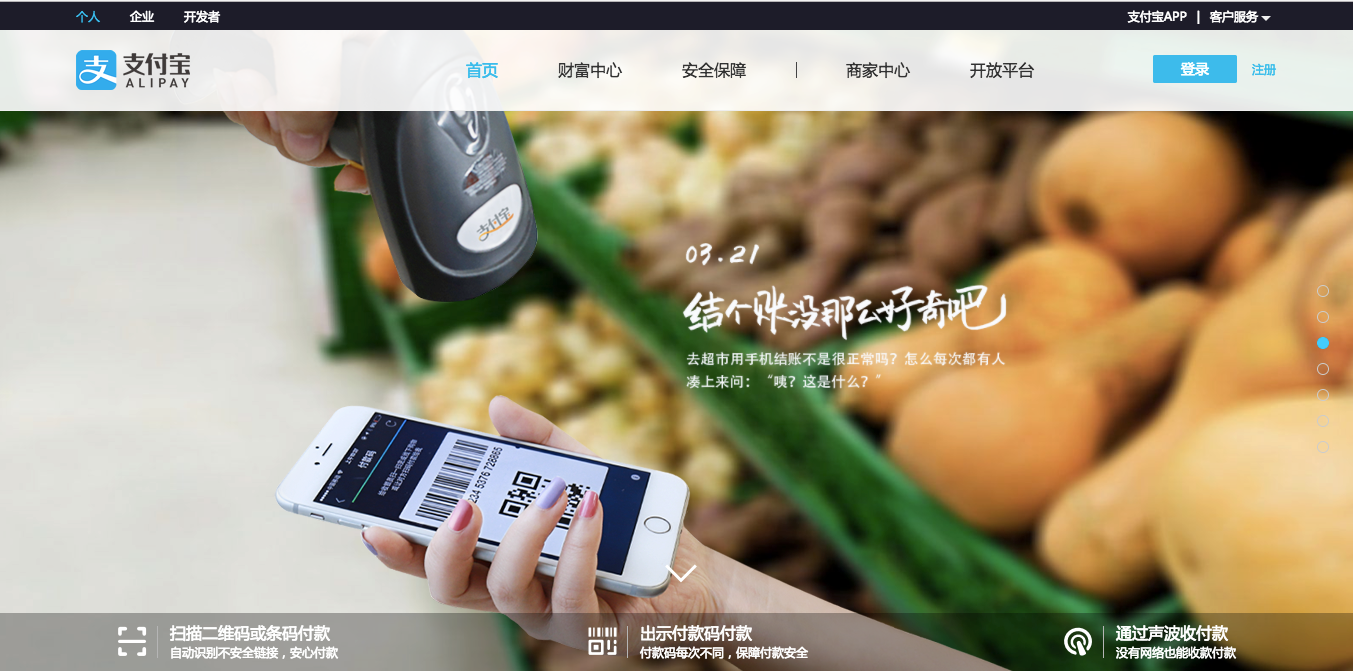As affluent Chinese overseas travelers are the leading driver behind global luxury sales, destinations that are home to big-name luxury brands are beginning to consider how to serve Chinese tourists' needs at every step—including providing them with familiar payment solutions. Italy, a nation known for its luxury craft and design heritage, is among the latest to embrace an ever-popular method of mobile payment in China, Alipay.
Italian bank UniCredit announced earlier this month it has opened up Alibaba Group’s payment solution to its network of 120,000 merchants in Italy, allowing visitors from China to pay for services and products in Italy by simply scanning a barcode with their phones. The move is set to be beneficial to the country's luxury sector. Based on the latest research by global consulting firm Euromonitor, the growth of Italian luxury businesses in 2016 greatly benefited from the influx of luxury shopping tourism, where Chinese travelers’ contribution was notably significant. The installation of Alipay may encourage further consumption by China's big spenders in Italy.
The Alipay app also supports a geo-location feature that offers a marketing opportunity for niche and local brands in Italy that are less known to Chinese consumers. Users of the Alipay app can receive information, such as brand introductions, discounts, and promotional materials, when they are close to a store that signs up for the service. With this feature, Alipay is set to help niche brands attract Chinese millennial and independent travelers who have, in recent years, shown a strong interest in premium and high-end brands that are not as well-known, in order to show off their individuality.
Milan-based fashion boutique, Antonia, and luxury and fashion retailers Pisa Orologerie (who operates brands like Rolex and Patek), Morellato, Fedon, and Mitsukoshi are among the first group of Italian merchants that have enabled the payment service, according to UniCredit's statement.
Alipay’s efforts to set foot in the payment system market in major Western countries and cash in on the massive flow of outbound Chinese travelers have been apparent of late. Late last year, Alipay established partnerships with payment service providers in the United States, and before that, Alipay worked with British luxury department stores Harrods and Selfridges, and French luxury retailer Ingenico to target wealthy travelers from China.
The global ambition of Alipay does not come without competition. Its major rival, Tencent’s WeChat payment, has also stepped up efforts to tap into the global payment ecosystems to take a share of this lucrative market. WeChat arguably offers uncontested convenience to Chinese consumers, as it is an app that is also used for messaging, online shopping, and much more.
The competition between these two major players from China can provide international brands with more options to choose from or the chance to work with both payment systems, as many luxury brands doing business in China have been doing. In either case, it both shows that Chinese mobile payment providers have become too important to ignore for global brands.
